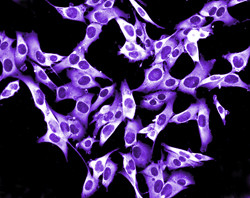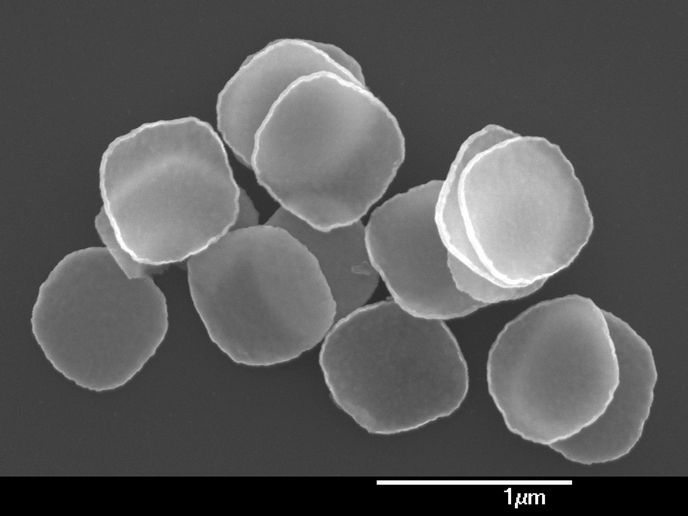Mechanisms of malignant skin cancers
Five European academic institutions and two small- and medium-sized enterprises (SMEs) with expertise in melanoma biology and state-of-the-art technologies collaborated with EU-funding. The project 'TARGET-MELANOMA: Molecular dissection of melanoma progression - an integrated pan-European approach' (TARGET-MELANOMA) worked on discovering novel biomarkers to better determine outcome of patients with melanoma, as well as identify innovative treatment options. The scientists studied melanoma tissue cohorts and pre-existing omic-level data for melanoma biomarker selection and validation. Cutting-edge techniques such as Illumina arrays, tissue microarrays, pyrosequencing and in silico analysis detected melanoma-associated genetic and epigenetic alterations. The most promising targets were then functionally validated with an in vitro assay that models a key metastatic process. In Irish melanoma patient groups, high-throughput genotyping revealed previously unknown mutation rates in genes associated with melanoma. Successful validation of these findings could help personalise treatment for such melanoma patient groups and improve treatment efficacy. Project activities have fostered industry-academic partnership that has in turn provided valuable cross-disciplinary training for researchers. As a result, 13 recruitments and secondments were completed during the course of the project. TARGET-MELANOMA has achieved novel insight into the onset and metastasis of melanoma and several targets for treatment were successfully identified. This has laid the foundation for more in-depth studies on this disease and will promote further industry–academia collaborations. Novel discoveries could thus be rapidly commercialised to benefit the participating SMEs and improve melanoma patient outcomes.
Keywords
Melanoma, biomarker, tissue cohorts, omic, tissue microarrays, pyrosequencing, in silico, metastatic, genotyping







